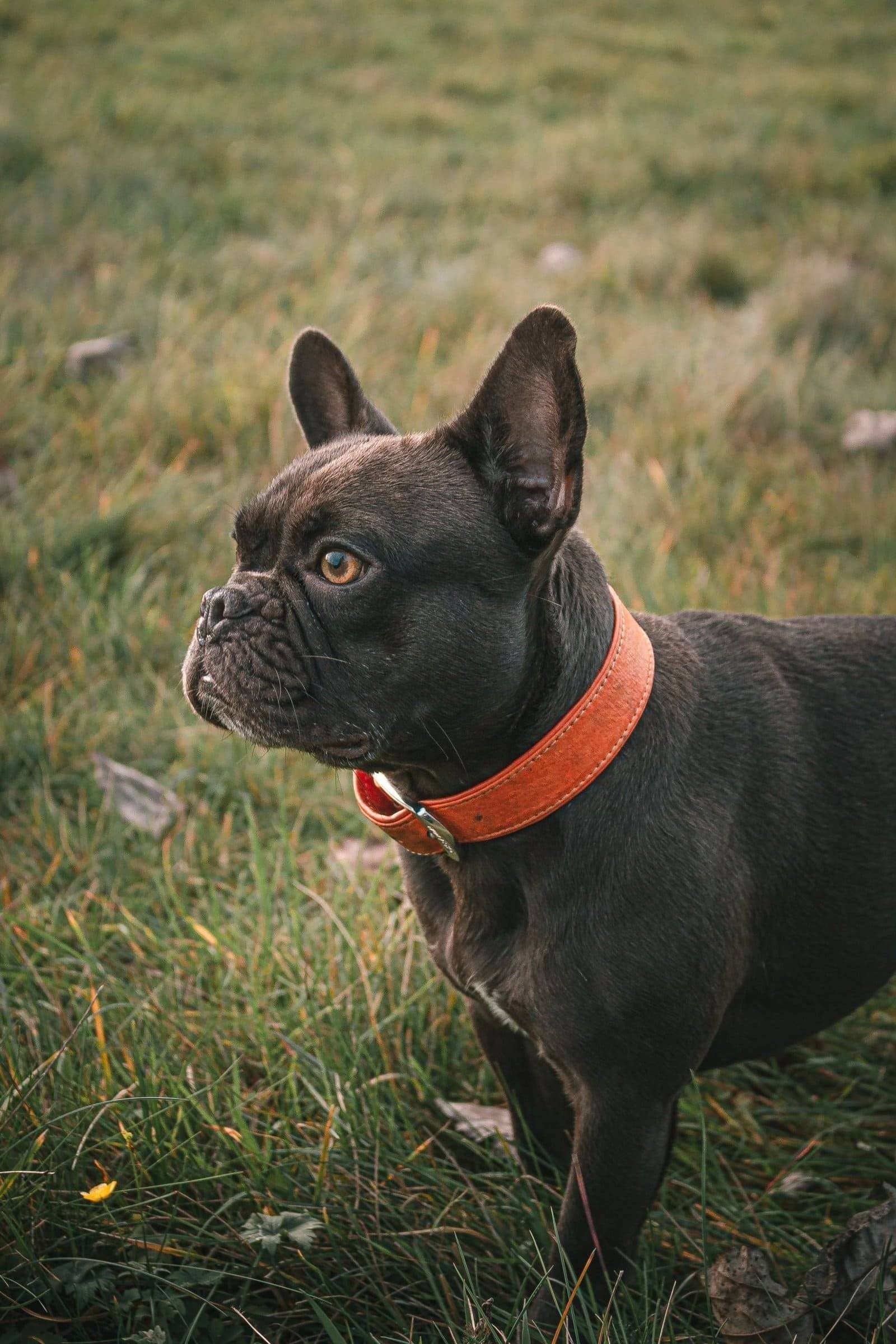It’s official, Americans are among the most pet-loving people in the world. Statistics show that 90.5 million homesteads (about 70%) keep a companion animal. Many of these pet parents live in rented homes and apartments, and their furry buddies can sometimes create tensions with landlords.
Cats and dogs can cause significant damage to a property – a trait many landlords don’t appreciate. If you are thinking, which pet causes more damage? Or wondering, which one (between cats and dogs) do landlords prefer? Your answer is here.
We interacted with several pet parents and property owners and learned about the most common pet property damage. Landlords have also shown a trend in what they prefer. Read on and learn more about the damage your furry buddy could cause and what landlords prefer. But first, a word about picking the right pet.
Which pet suits you?
Whether you want a pet for yourself or your kids, it is crucial to pick one that you fancy and also matches your lifestyle.
Consider factors like allergies, the size of your home, the characteristics and needs of the animal you are considering, and whether you are available to spend time and take care of them before choosing one. If you have a disability, your pet can also become classified as an Emotional Support Animal (ESA). The process for ESA certification is not complex. Once your furry buddy is certified as an emotional support animal, you can negotiate better with prospective landlords.
But remember, even certified ESAs can damage property, and landlords also have rights. Here’s more on the damage your pet or ESA can cause.
Damage caused by dogs
Dogs are known as man’s best friend. But sometimes, they can cause significant destruction, frustration, and regret (likewise, people do to dogs). Your dog could inflict costly damage to your home (both indoors and outdoors). In many cases, they leave permanent marks which are costly to fix, or the impairment could be irreparable. Below are some of the ways your furry buddy could damage property:
- Leave chew marks on beds, carpets, walls, and cabinets.
- Leave chew marks on fences and siding
- Trample and destroy flower beds.
- Pee on carpets and leave a permanent stench and stain.
- Urinate on flower beds or the lawn and create yellow patches of dead plants.
- Bring into the home compound unwanted fleas and other pests.
- Bark or bite and make other tenants uncomfortable.
There are many other ways that a dog could damage property. The culprit animals are often not well trained, unwell, or don’t go out to exercise as often as they should. In many cases, one can point a finger at the owner.
How your cat can damage property
Cats are known to be independent (not needy and seem to own their owners) and somewhat self-controlled. But they can cause plenty of property damage. Here are some of the ways your feline buddy can mess up your space:
- Pee on the carpet and leave it with a permanent stench and stain.
- Even when a cat uses a litter box, its awful stench could spread over a wide area and affect other tenants.
- Leave scratch marks on doors, walls, cabinets, stairways, and pretty much every surface your cat tries to climb or fancies.
- Destroy blinds.
- Bring into the home compound unwanted fleas and other pests.
- Noise (especially unfixed cats) could make other tenants uncomfortable.
- Allergy problems for other tenants who share the space, or future occupants – cat dander can linger in a home long after the pet owners leave.
You can do some damage control by kitty-proofing your home. Make your place a safe environment to explore so they don’t need to step outside for exercise.
What do landlords prefer?
Whether you own a cat or dog, a landlord may be skeptical about welcoming you to their property. Landlords often establish pet policies for their properties. Some landlords require tenants to pay an extra pet deposit or additional rental fees, while others outrightly prohibit pets or specific animals. But there is a type of pet that landlords prefer. Don’t hold your breath because neither cats nor dogs steal their hearts. Landlords all over the country prefer dealing with pets that belong to responsible pet owners.
Pete Evering of Utopia Management, a large property manager in San Diego, California, shared that the approach to pet policies usually depends on the property owner’s needs and that neither cats nor dogs are better or worse than the other. According to Pete, “Good tenants usually have good pets. We always try to make sure our properties are prepared for the potential additional wear and tear that pets may bring. Factoring in a pet fee is an important way to mitigate the additional expenses that may arise due to pet damage. Between cats or dogs, the approach is relatively the same.”
Both cats and dogs can significantly damage property. However, the attitude of the owner(s) and how well they care for and train their companion animal matters more than anything else. Many landlords go out of their way to interview pet owners and inspect pets’ resumes. They do this to establish the type of pet owner (and pets) they are dealing with before deciding to lease their property to them.
Concluding remarks
Pets don’t sign lease agreements, but humans do. Responsible pet owners know that their furry buddies could significantly damage property. Therefore, they take care of their pets and implement measures to prevent property damage. This is often seen during the interview and in their pet’s resume. It does not matter whether you have a dog or cat as a pet or emotional support animal. Landlords prefer responsible pet owners who take care of their pets and establish measures to prevent property damage.




